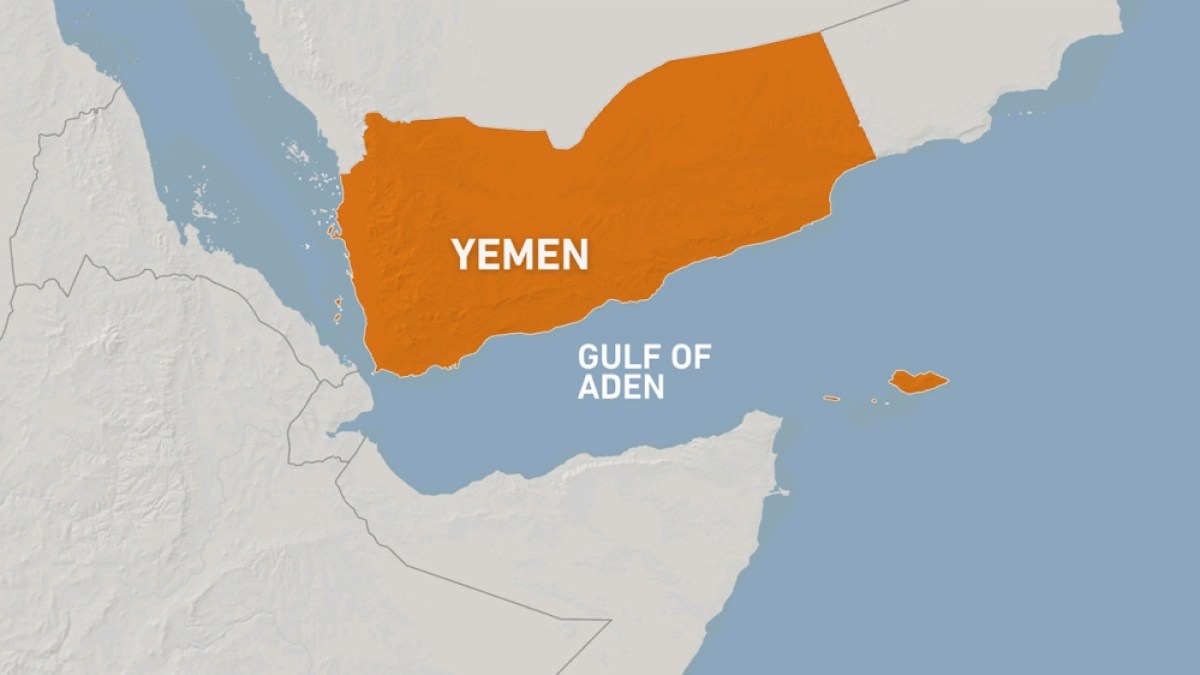Weird But True
By Alex Mitchell
Published
Feb. 9, 2024, 8:19 p.m. ET
Get a whiff of this.
Airborne chemicals from common fossil fuels are disrupting the pollination process, a recent study reveals. This interference is causing changes in the scent of flowers.
While this may have only a minor impact on people who enjoy stopping to smell the roses, it is posing a serious problem for insects. Experts are concerned as these insects can no longer locate and land on flowers, especially at night.
Researcher Jeff Riffell stated, “Pollution from human activity is modifying the chemical composition of crucial scent cues to such a degree that the pollinators are no longer able to recognize and respond to them.”
Riffell and other scientists from the University of Washington, who published their findings in the journal Science, have identified nitrate radicals, known as NO3, as the cause of this scent-masking phenomenon. These radicals originate from gas, coal, power plants, and other energy and natural sources.
Riffell explained, “When you smell a rose, you’re actually sensing a diverse blend of different chemical compounds. The same is true for almost any flower. Each flower has its own unique scent composed of a specific chemical recipe.”
During their experiments, they observed moths, which Riffell described as having super sniffers comparable to those of dogs, to see if these winged insects could find specific flowers using their strong sense of smell. One of the moth species showed a 50% decrease in accuracy, while the other couldn’t locate the source of the flower at all when tested in a nighttime, urban environment.
The experiments demonstrated that moths were either unable or had extreme difficulty in detecting certain flowers covered with the chemicals.
Riffell explained, “NO3 significantly reduces a flower’s ‘reach’ — the distance its scent can travel to attract a pollinator before it breaks down and becomes undetectable.”
However, the impact was less severe during the day as the research team believes sunlight may lessen the effect of NO3.
Nevertheless, there is concern that pollinators such as moths may no longer be able to fulfill their ecological roles.
Recent research indicates that many flowers are covered with a pollutant that masks their scent, leading to confusion among insects.
Riffell pointed out that around 75% of over 240,000 documented flowering plants rely on insect intervention, and approximately 70 species of pollinators are currently endangered or threatened.
Researcher Joel Thornton suggested, “Our approach could provide a framework for others to investigate how pollutants affect plant-pollinator interactions and to delve into the underlying mechanisms. You need this kind of comprehensive approach, particularly if you want to understand the extent of the breakdown in plant-pollinator interactions and its potential consequences.”
Load more…















